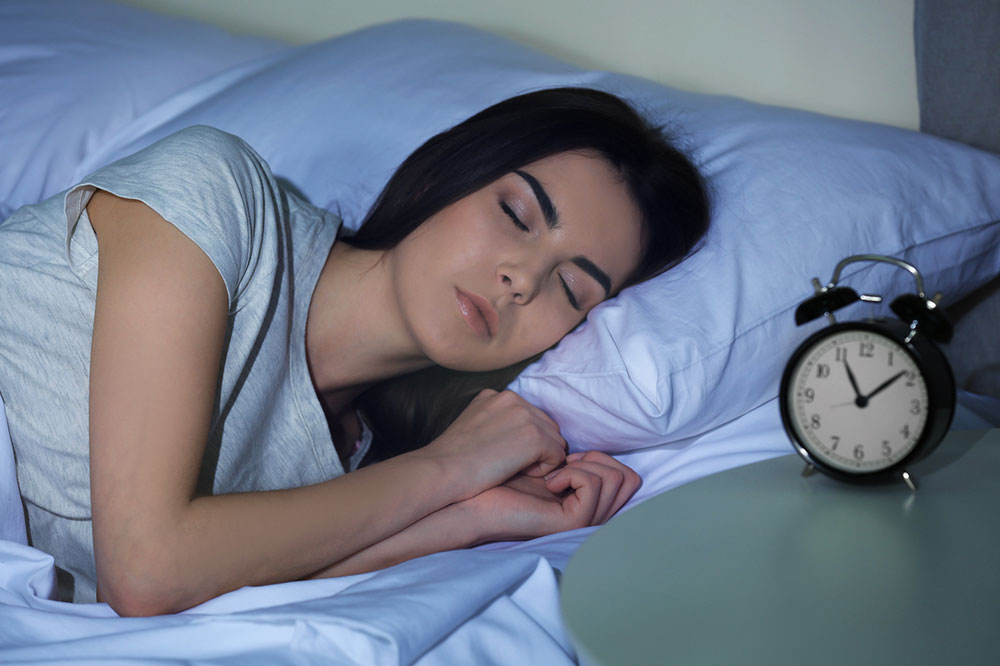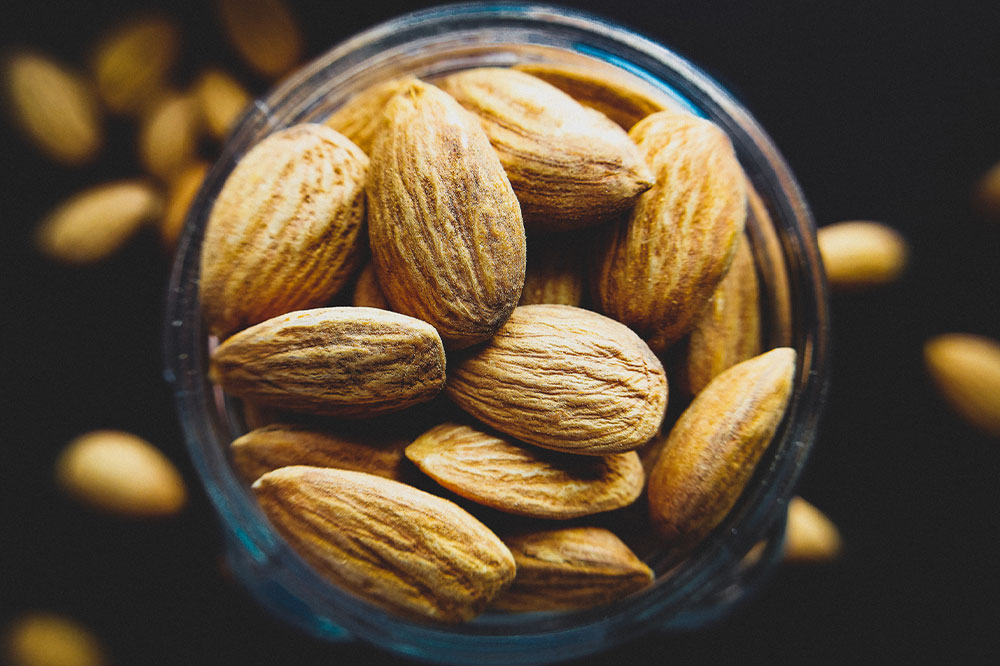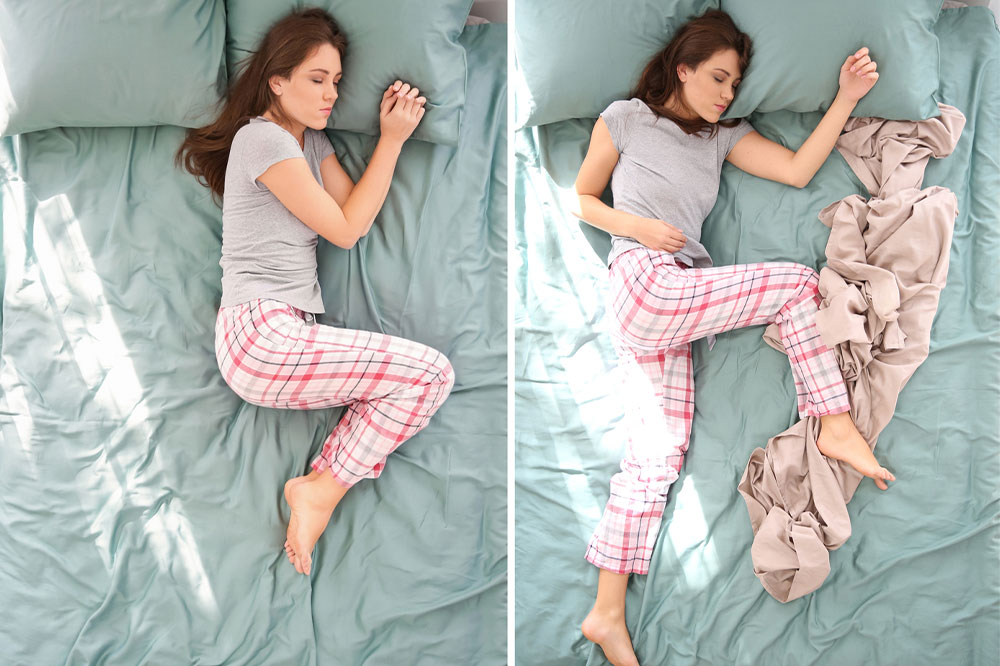Avoid These 5 Things to Improve Sleep Quality

A good night’s sleep is as important as following a balanced meal plan and exercising regularly. Poor sleeping habits have an adverse effect on your hormones and the functioning of the brain. It can interfere with your cognitive functions as well as physical health. Tossing and turning every night causes sleep disturbance. There are many reasons for this, including poor sleep hygiene. Therefore, you need to follow a proper sleep routine to maintain your health.
Here are a few things that you should avoid for a healthy sleep cycle.
Avoid making poor food choices before bedtime
Don’t overeat or starve yourself before bedtime. It is best to avoid having a heavy meal three hours before bedtime. Overeating can trigger heartburn , and this can cause delays in falling asleep. Also, try to avoid caffeine-based products as they have stimulating effects on your body, which may further interfere with your sleep. They will initially make you feel drowsy but later disrupt your sleep cycle. It is also said that such beverages can increase the symptoms of snoring, sleep apnea, and disrupted sleep patterns. Also, harmful substances can reduce the production of melatonin during night-time, leading to sleep deprivation. Late night binges on greasy, processed foods like pizza, and burgers may also affect your sleep.
Cut down on daytime naps
Napping at the wrong time of day may be harmful if you habitually do it.







